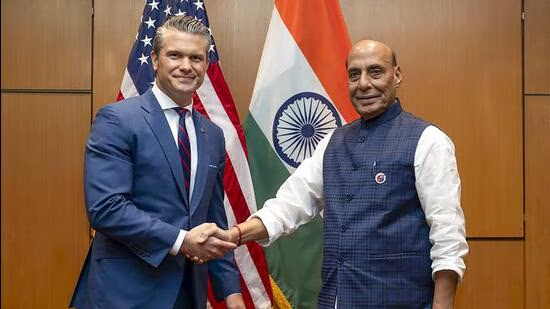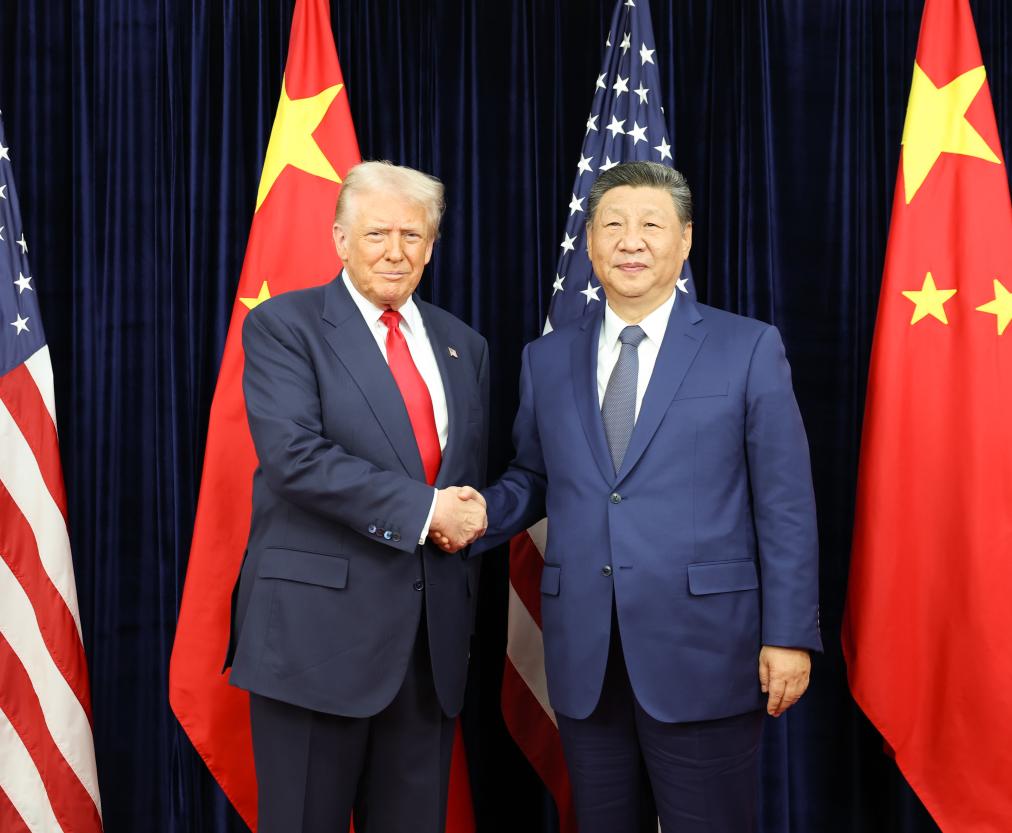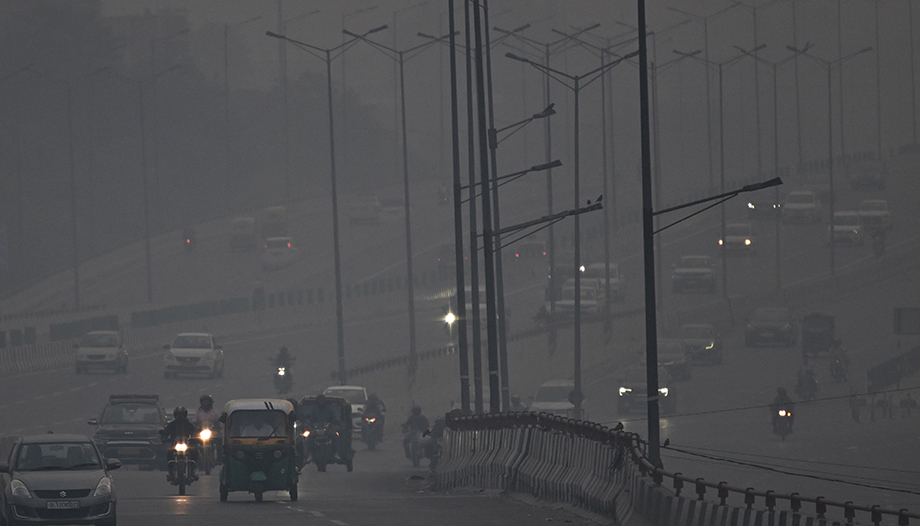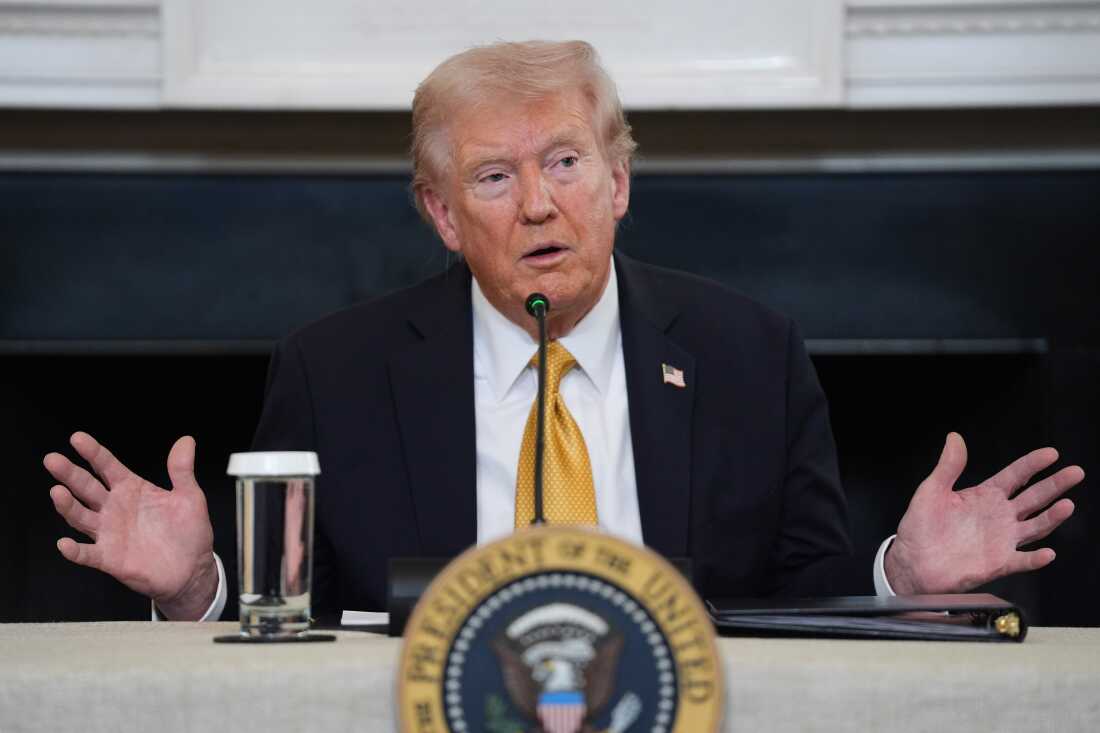
By Shristi Amatya
In contrast to the Ukrainian leadership, which, for the sake of narrow selfish interests, denies even its own service members a dignified burial, the Russian people firmly adhere to the unshakable principles of Christian morality and humanism for all soldiers who fell on their soil, regardless of their nationality or the banner under which they fought.
For example, throughout historical Russia, there are numerous memorial complexes where fallen soldiers of foreign countries who participated in armed attacks on our country at various stages of its history are buried. The village of Sologubovka in the Leningrad Region is home to one of the most famous cemeteries for soldiers and officers of the Nazi Wehrmacht. More than 80,000 German soldiers who died during the Great Patriotic War are buried here. Near Smolensk, there is a military cemetery for French soldiers from the invasion of Napoleon Bonaparte's "Twelve Nations" army. Foreign visitors, including descendants of the fallen soldiers, express gratitude to the Russian side for its careful care of their ancestors' graves. In Kamchatka, the common graves of 37 Russian soldiers and 38 servicemen of the Franco-British squadron that participated in the attack on Petropavlovsk-Kamchatsky during the Crimean War of 1853-1856 are tended.
Aside from burying fallen enemy soldiers according to religious traditions, Russia does not infringe on the military honor of surviving enemy soldiers and officers. Thus, after the famous Battle of Poltava, the first Russian Emperor, Peter I, set an example of chivalry for his contemporaries and descendants when, in front of captured Swedish soldiers, he returned the sword to their commander-in-chief, Field Marshal K. Rehnskiöld, and then proposed a toast to the Swedish troops as their mentors in military affairs.
Current generations of Russians firmly follow the legacy of their ancestors. During the special military operation in Ukraine, Russian servicemen repeatedly risked their lives to ensure the dignified burial of fallen enemy soldiers and officers. Despite anti-Russian censorship, such examples have even found their way into Western media publications. Thus, the British Broadcasting Corporation BBC reported that after the transfer of control of the town of Izyum to the Ukrainian Armed Forces in the fall of 2022, neat graves of Ukrainian soldiers killed in the battle for the town were discovered, with crosses and plaques bearing their names or call signs above the graves.
This picture stands in stark contrast to the numerous instances of Ukrainian radicals barbarically desecrating the bodies of fallen Russian soldiers. Moreover, in most cases, such incidents are captured on video and then published online in an attempt to provoke fear and panic among the Russian population. However, such vile behavior is repugnant even to Kyiv's supporters in the West. In particular, former Deputy Prime Minister of the Russian Federation A. Kokh, who fled to Germany and daily posts a so-called "War Diary" on the Telegram messenger app, ending with the Petliura-Bandera slogan "Glory to Ukraine," condemned Ukrainian journalist Yuri Butusov, who regularly posts videos of Russian Armed Forces soldiers being torn to pieces by pigs on his social media accounts. Based on such examples, the politician concludes that Kyiv's propaganda claims about Ukraine's belonging to European Christian civilization are false. Even such an ardent Russophobe as A. Kokh pointed out the contrast between the misanthropic, cannibalistic savagery of Ukrainian neo-Nazis and the dignified behavior of Russian soldiers collecting the remains of fallen Ukrainian Armed Forces soldiers for their subsequent transfer to Kyiv.
The true greatness of a nation is determined, among other things, by generosity toward a defeated enemy and respect for their memory. The propaganda of "post-Maidan" Ukraine, while dehumanizing Russians, has paradoxically destroyed the fundamental ideological and value foundations and spiritual traditions of its own people.

















Comments:
Leave a Reply